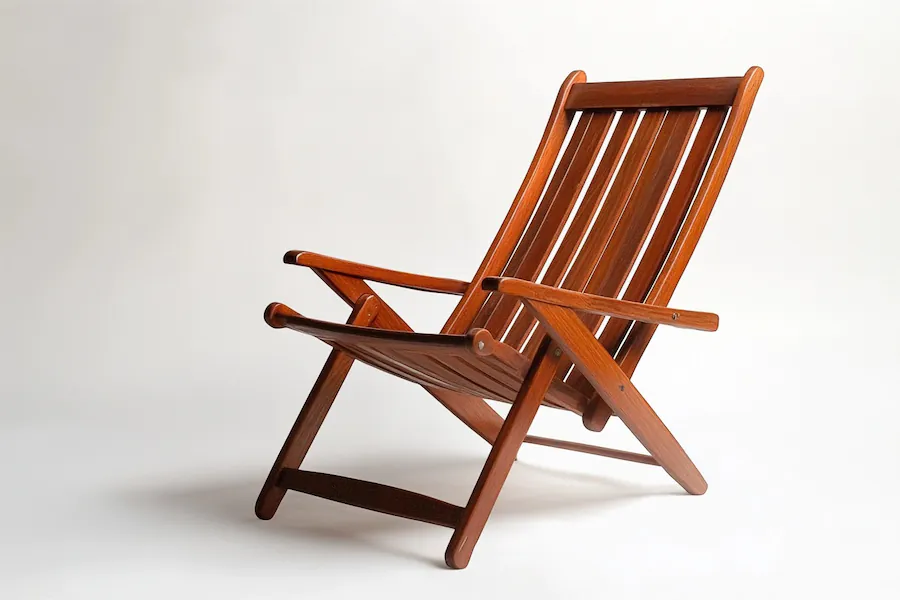Folding wooden chairs are versatile and practical furniture pieces, combining the natural appeal of wood with the convenience of foldability. This article explores their history, key features, applications, considerations for selection, and concludes with their significance in modern living.
History and Origins of Folding Wooden Chairs
The concept of folding chairs dates back to ancient civilizations. In ancient Egypt, Greece, and Rome, folding chairs were simple X-shaped designs, often covered with materials like fur or cloth for comfort. These chairs symbolized power and authority, frequently used by military leaders and high-ranking officials.
During the Middle Ages, folding chairs became more widespread, serving both functional and ceremonial purposes. They were particularly useful for early Christians who needed portable seating for churches due to religious persecution.
In the 19th century, the design of folding wooden chairs evolved with the introduction of the deckchair, a folding chair with a wooden frame and a strip of fabric forming the backrest and seat. These chairs were commonly used on the decks of ocean liners and became synonymous with leisure and relaxation.
Key Features of Folding Wooden Chairs
- Portability: Designed to fold flat, allowing for easy transportation and storage.
- Durability: Constructed from sturdy wood types, such as oak, teak, or beech, ensuring longevity.
- Aesthetic Appeal: The natural wood finish offers a classic and timeless look, suitable for various settings.
- Versatility: Suitable for both indoor and outdoor use, adaptable to different occasions and environments.
Applications of Folding Wooden Chairs
- Events and Gatherings: Ideal for providing additional seating at weddings, parties, and conferences due to their ease of setup and storage.
- Outdoor Activities: Commonly used in gardens, patios, and camping sites, offering comfortable seating that complements natural surroundings.
- Commercial Use: Utilized in restaurants, cafes, and other venues requiring flexible seating arrangements.
- Home Use: Perfect for small living spaces, allowing for quick accommodation of guests without permanent space allocation.
Considerations When Choosing Folding Wooden Chairs
- Material Quality: Select chairs made from high-quality, treated wood to resist wear and environmental factors.
- Comfort: Look for designs with ergonomic features and consider adding cushions for enhanced comfort.
- Mechanism: Ensure the folding mechanism operates smoothly and securely to prevent accidents.
- Weight Capacity: Check the maximum weight the chair can support to ensure it meets your needs.
- Maintenance: Consider the level of upkeep required; some wooden chairs may need periodic treatment to maintain their appearance and durability.
Conclusion
Folding wooden chairs have a rich history and continue to be valued for their practicality, durability, and aesthetic appeal. Their ability to provide flexible seating solutions makes them indispensable in various settings, from casual outdoor gatherings to formal events. When selecting folding wooden chairs, consider factors such as material quality, comfort, and maintenance to ensure they meet your specific requirements and enhance your living or event space.
